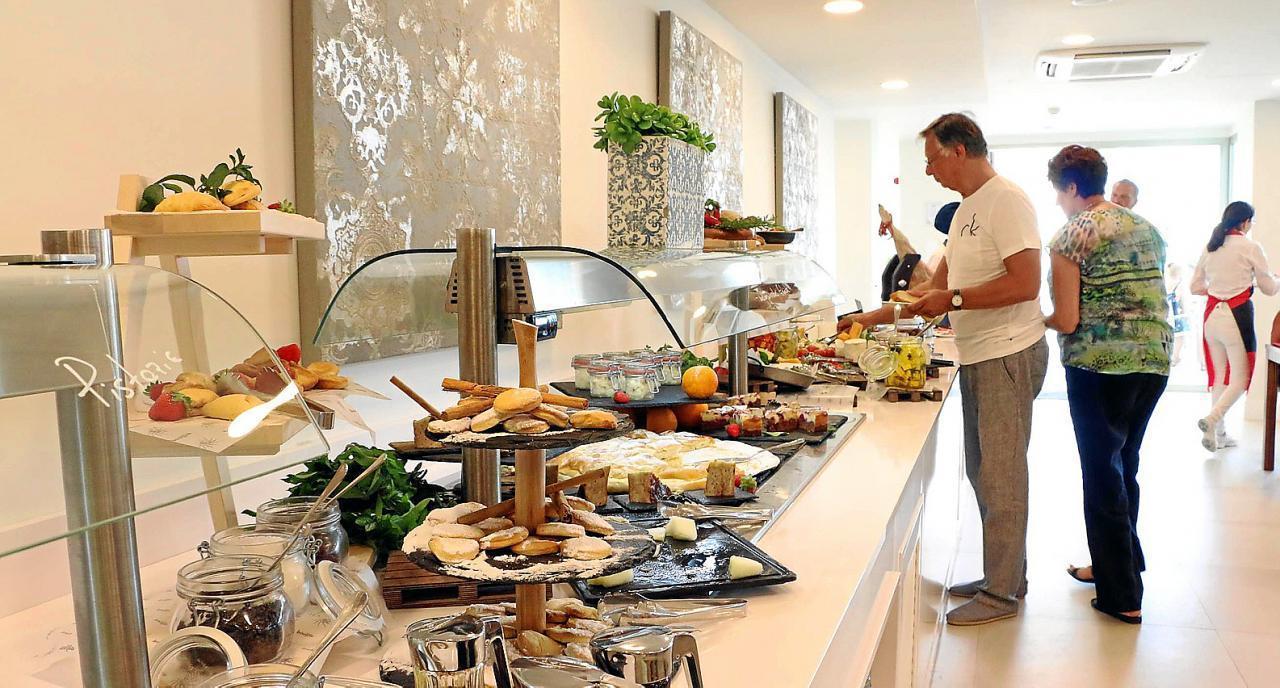The Spanish Institute for Tourism Quality (ICTE) has drafted a document setting out protocols to be adopted by hotels and tourist accommodation establishments. Designed to prevent Covid-19 infection, the document has been forwarded to the national ministry of health for its consideration and approval.
The protocols draw on World Health Organization recommendations and have been agreed by the Cehat national confederation of hotel associations and unions. The Spanish Association for the Prevention of Workplace Risks has been involved in reviewing the contents of the document. These contents cover: personnel organisation and personnel areas; receptions; restaurants; rooms; communal areas; gyms/spas; lifts; pools; children's play areas; entertainment and events; comprehensive cleaning plans.
The protocols are as one might expect in that there are, for instance, emphases on social distancing, the wearing of protective equipment and disinfection. For restaurants, as an example, customer "manipulation and intervention" will need to be reduced. Therefore, buffet service will be assisted - staff will load individual plates from behind screens.
Staff will at all times be wearing gloves, and this will include room service waiters, who - as with other staff if safe distance cannot be kept - must wear masks. The likes of salt and pepper pots and bottles of olive oil for communal use will be eliminated in restaurants. Hotels will need to establish schedules for guest use of restaurants in order to avoid crowds.
As well as a disinfection regime for rooms, textiles should be reduced. This could mean, for instance, removing carpets. In communal areas, each establishment will have to determine capacity that avoids crowding. Hydroalcoholic solutions (sanitiser gels) must be available. Toilets should only have paper dispensers or hand dryers and will be subject to particular attention in terms of cleaning and disinfection.
In gyms, safe distances must be guaranteed. There will need to be periods between each class activity for cleaning and disinfecting. Machines must be disinfected after every use. The likes of weights for communal use should be removed if disinfection between guest use is not possible. Ultimately, if safe distancing cannot be ensured, gyms should be closed.
For pools, the protocols will adopt measures of a scientific study currently being carried out by the Spanish National Research Council. This is an area of particular concern, as it is unknown how the virus behaves in water and indeed on sand.
The ICTE has also drafted protocols for beaches that have been forwarded to the health ministry. Maximum capacities will need to be determined and managed by those responsible for beaches. The likes of showers and children's play areas should be closed. If safe distancing between sunloungers is not possible, screens should be installed. There will need to be deep cleaning at the end of every day as well as cleaning "revisions" every two hours. Enhanced roles for lifeguards are envisaged, as they must be aware of all aspects of safety plans and supervise compliance.


No comments
To be able to write a comment, you have to be registered and logged in
Currently there are no comments.